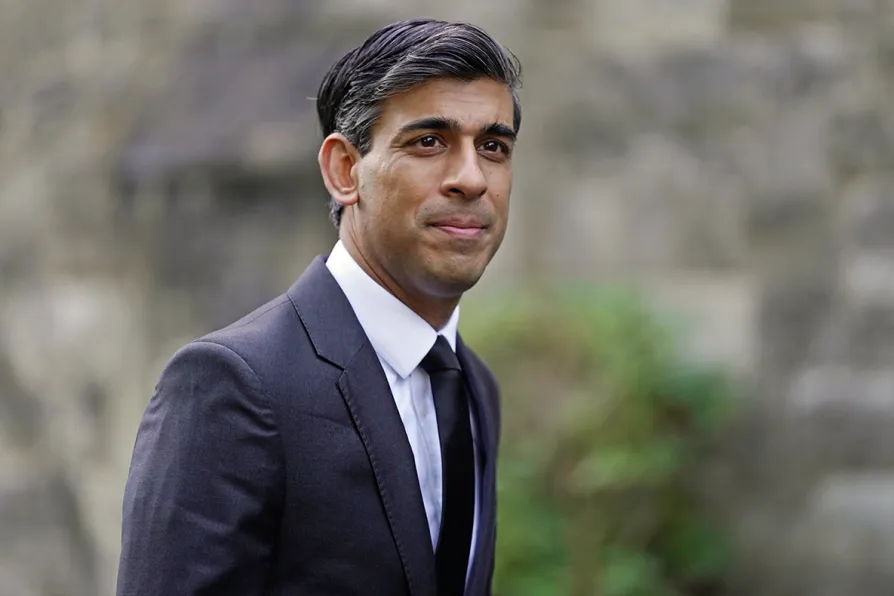
 Chancellor of the Exchequer Rishi Sunak
Chancellor of the Exchequer Rishi Sunak
TUC leader Frances O’Grady is right that this week’s Budget and Spending Review will tell us how serious the government is about “building back better.”
The signs are that the answer is not at all serious. Last month Chancellor Rishi Sunak ordered ministers to draw up plans to cut spending in their departments by 5 per cent ahead of the Budget.
NHS workers have been insulted with a 3 per cent pay offer that fails to acknowledge either their loss of real-terms income over the last decade or the enormous sacrifices so many have made during the pandemic.
Ministers might trail an end to the public-sector pay freeze announced last November — a punitive measure that has affected millions of workers, from teachers to civil servants. But with the Treasury line being that any increases must come from existing budgets, government policy is likely to continue to hold workers’ wages down.
As Labour MP Jon Trickett’s landmark report The Nature of Wealth in Britain, released last week, details, this perpetuates a decades-old trend in which Britain’s workers receive a smaller and smaller proportion of the country’s output, a trend which has been especially marked over the last decade of “austerity.”
At the same time, the wealth of the wealthiest has ballooned. Public anger at this state of affairs is evident across our nations. Polls have indicated support for higher taxes on the highest incomes for years; they also show majority support for a tax on wealth.
The pandemic has armed the left with the strongest possible arguments against a return to “austerity,” whether in the form of spending cuts, attacks on wages or cost-cutting through outsourcing delivery of public services.
The consequences of NHS underfunding are obvious, both through the way stocks of protective equipment were allowed to run low because of the cost of replenishing them (even though the government knew after Exercise Cygnus in 2016 that this would prove crippling in a pandemic) and because staff shortages seriously undermined the health service’s ability to cope.
As the Royal College of Nursing points out, these vacancies need urgent filling both because we are already seeing dramatic rises in Covid-19 hospitalisations and because the backlog of operations has now reached crisis proportions.
The ways outsourcing and agency work contributed to the rapid spread of Covid-19 last year are well known, from agency workers unwittingly taking the virus from care home to care home, to outsourced hospital cleaners being unable to risk calling in sick or isolating when exposed to the virus because of a lack of job security and sick pay. The latter issue makes the case for an employment rights revolution more generally and for higher pay given the number of British households that faced destitution with the loss of a single pay cheque.
A Budget that does not address these long-term problems is one that sets Britain up to fail when the next crisis hits. The cost will be paid by ordinary people, through lost lives and lost incomes.
Conditions are ripe for a major labour movement offensive for higher pay and better public services, one which makes no bones about who ought to foot the bill — the billionaire class who have done very nicely from this global catastrophe.
In this context, the TUC’s demands are the bare minimum. A £10 minimum wage is not enough and mobilising people around a movement for higher pay requires a target that will make an immediate, big difference to their lives.
That mobilisation is now our task: to build the New Deal for Workers campaign and the nationwide tour of high streets and town halls endorsed at September’s TUC Congress to make it clear that whatever goes on at Westminster, there is a force in the land fighting for a better future.














